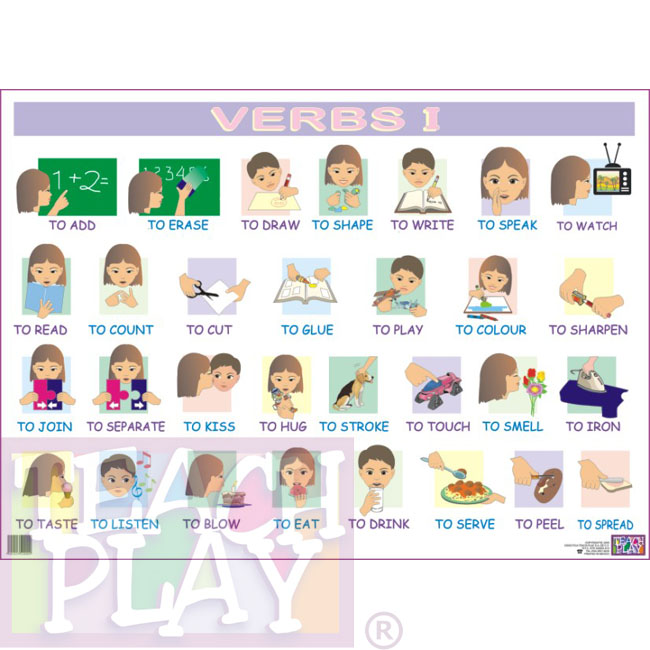Artículo Determinado THE
Dentro del idioma inglés existen dos tipos de artículos:
- Artículo Definido o Determinado
- Artículo Indefinido o Indeterminado
Comenzaremos profundizando sobre el primero de ellos:
En el idioma inglés, el artículo definido THE es el equivalente en castellano a los siguientes significados: EL, LOS, LA , LAS y son invariables en género y número:
The table. La mesa.
The tables. Las mesas.
The tables. Las mesas.
Ahora veremos sus principales usos:
1. En algunos casos con un sustantivo contable singular para designar una persona u objeto en general:
The lion is a dangerous animal. El león es un animal peligroso.
(Nos referimos a los leones en general)
The roses are beautiful flowers. Las rosas son flores hermosas.
(Nos referimos a las rosas en general)
(Nos referimos a los leones en general)
The roses are beautiful flowers. Las rosas son flores hermosas.
(Nos referimos a las rosas en general)
2. Se emplea antes de algunos sustantivos gentilicios, cuando se quiere significar “los habitantes de determinado país”:
The English like going to the theatre. A los ingleses les gusta ir a teatro.
The Spanish are very polite. Los españoles son muy amables.
The Spanish are very polite. Los españoles son muy amables.
3. Generalmente se usa con el nombre de:
- Ríos: The River Nile, The River Amazonas. (El río Nilo, El río Amazonas).
- Océanos y Mares: The Pacific Ocean, The Mediterranean Sea. (El Océano Pacífico, El Mar Mediterráneo).
- Canales: The Panama Canal, The Suez Canal. (El Canal de Panamá, El Canal de Suez).
- Desiertos: The Sahara, The Gobi Desert. (El Desierto de Sahara, El Desierto de Gobi).
- Grupos de Islas: The West Indies, The Canaries. (Las Indias Occidentales, Las Islas Canarias).
- Hoteles y Cines: The Odeon Cinema, The Ritz Hotel. (El cine Odeón, El Hotel Ritz).
- Museos: The Louvre Museum, The Prado Museum. (El Museo Louvre, El Museo del Prado)
- Restaurants: The Hard Rock Café.
- La mayoría de las regiones geográficas: The Far East. (El Lejano Oeste).
4. Con instrumentos musicales y bailes:
- The piano. (El piano).
- The guitar. (La guitarra).
- The tango. (El tango).
Con títulos:
- The President. (El Presidente).
- The Queen. (La Reina).
- The King. (El Rey).
Con adjetivos usados como sutantivos plurales:
- The rich. (Los ricos).
- The poor. (Los pobres).
Con referencias históricas y eventos:
- The French Revolution. (La Revolución Francesa).
- The First War World. (La Primera Guerra Mundial).
Con sustantivos que son únicos:
The Moon (La Luna) ;The Sun (El Sol); The World.




